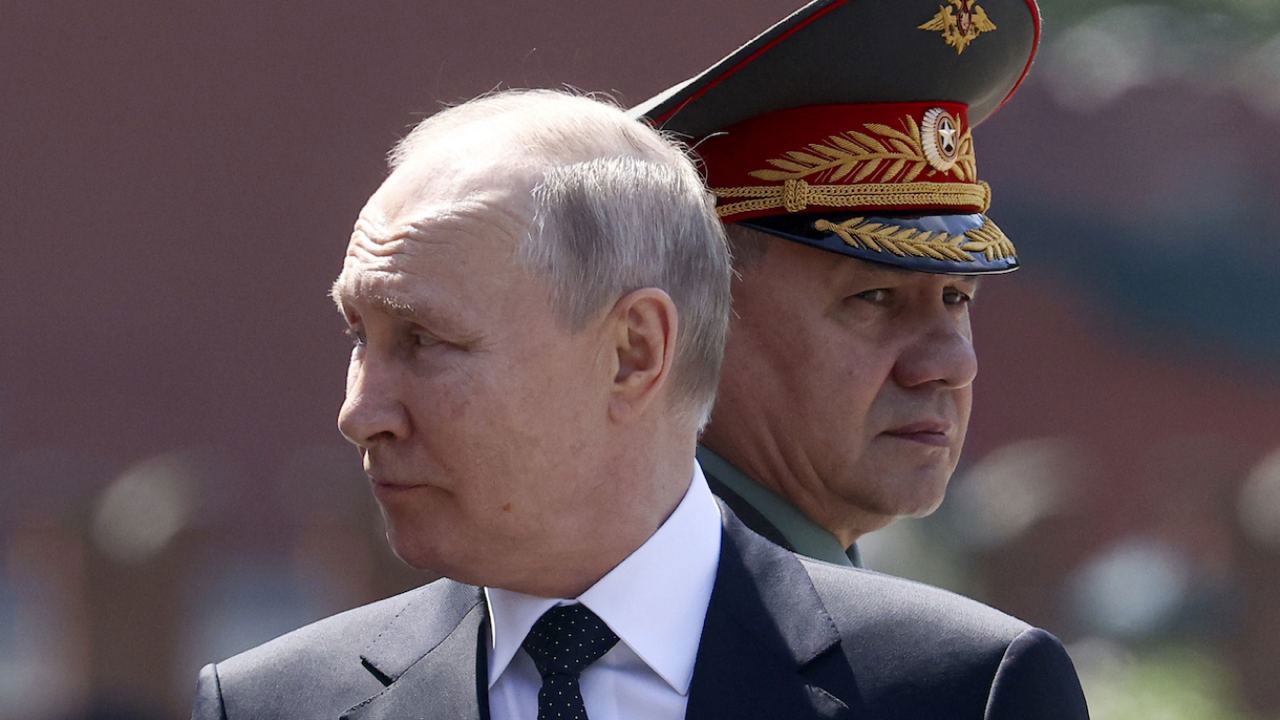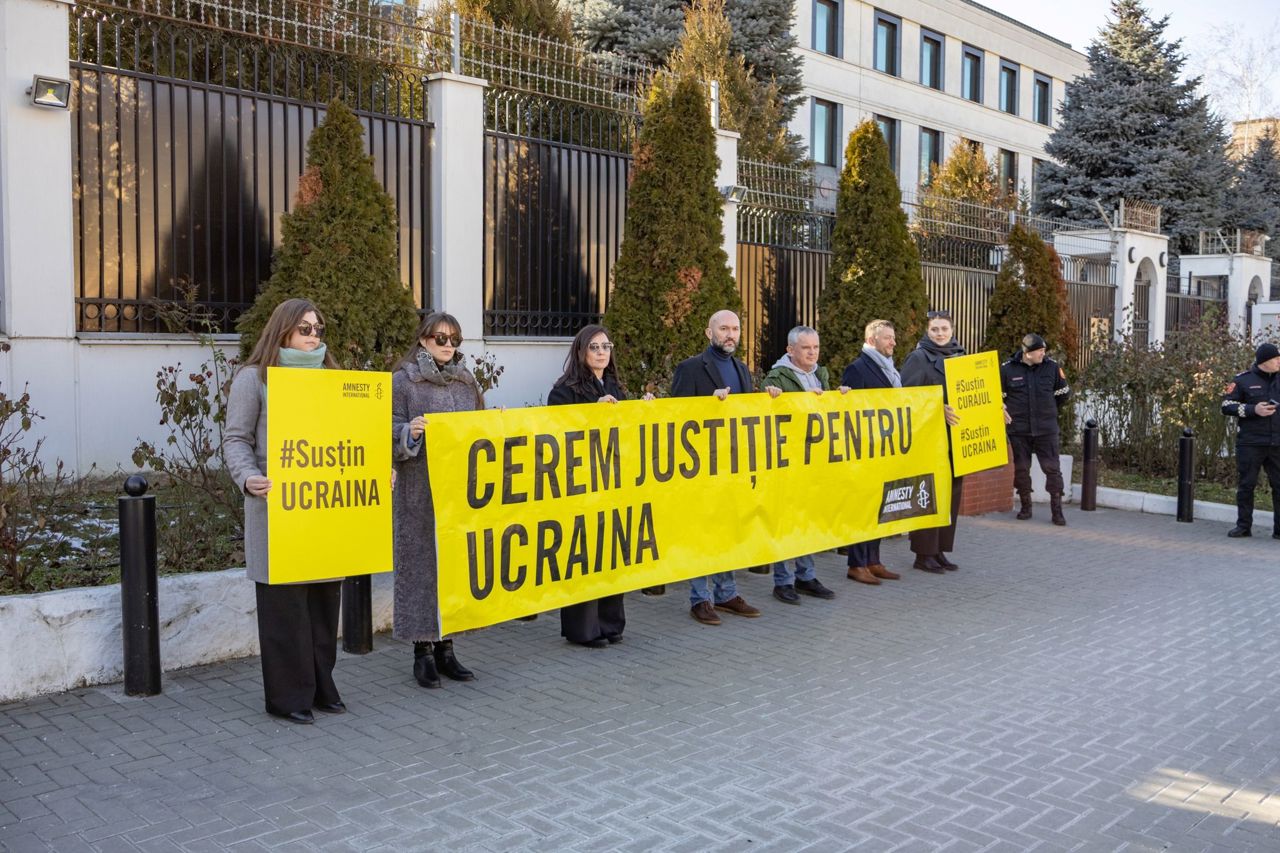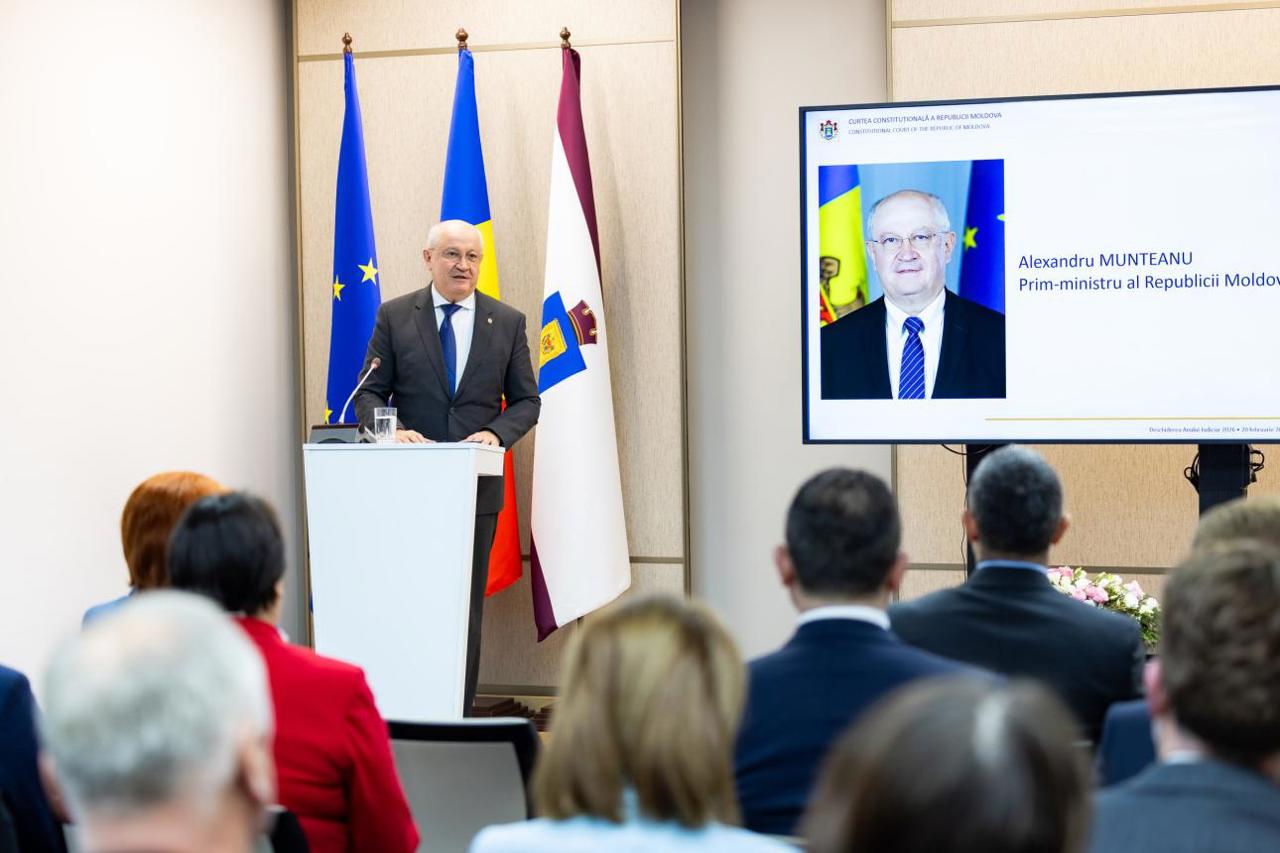Kremlin explained why it dismissed Serghei Shoigu from the position of Minister of Defense. ISW: "Reshuffles - a sign of preparation for a prolonged war"
Russian President Vladimir Putin replaced Sergei Shoigu with Andrei Belousov as Russian Minister of Defense on May 12, moving Shoigu to the position of Security Council Secretary in place of Nikolai Patrushev. These high-level reshuffles following the Russian presidential election strongly suggest that Putin is taking significant steps towards mobilizing the Russian economy and defense industrial base (DIB) to support a protracted war in Ukraine and possibly prepare for a future confrontation with NATO.

Belousov's appointment to the position of Russian Defense Minister is a significant development in Putin's efforts to set full economic conditions for a protracted war. Belousov has no military experience and is an economist by trade — he served as Russian Minister of Economic Development from 2012–2013, following a career in economic analysis and forecasting between 1981 and 2006. His lack of military experience is not anomalous — Shoigu also lacked experience in uniform before he took over the Defense Ministry. Belousov then served as First Deputy Prime Minister from 2020 until his new 2024 appointment.[7] Belousov is also a known advocate for greater government involvement in the economy.
Shoigu's replacement of Patrushev as Security Council Secretary is in line with Putin's general pattern of quietly sidelining high-level security officials by granting them peripheral roles within the Russian security sphere rather than simply firing them.
The Russian Security Council is an advisory body that also plays a role in executing security-related policies and developing Russian strategic culture, making Shoigu's appointment as Security Council Secretary and de facto demotion from the prestigious post of Russian Defense Minister less humiliating.
Putin has previously similarly sidelined his failed generals by appointing them to peripheral security and defense related positions outside of the direct chain of command, sometimes allowing them to redeem themselves and return to Putin’s favor as ISW has assessed. Putin's removal of Patrushev from the Security Council is noteworthy, however, since several Western and Russian reports that Patrushev is a close personal ally of Putin—the Wall Street Journal alleged in December 2023 that Patrushev was the individual responsible for the assassination of Wagner Group financier Yevgeny Prigozhin in August 2023.
WSJ reported that Patrushev's 2008 appointment as Security Council Secretary was largely a formality and that Patrushev serves as de facto head of all Russian security services, making him the second most powerful person in Russia. WSJ also reported that Patrushev acts as a "hybrid intelligence official and diplomat" and routinely pays visits to world leaders on Putin's behalf.
ISW cannot yet confirm what Patrushev's new role will be but considering Patrushev's reported personal importance to Putin's regime stability and Putin's longtime tendency to balance Russian siloviki (strongmen with political influence) such as Patrushev within the power vertical, Patrushev’s next position will be an important reflection of Putin's intent. The Kremlin may establish a new role or office for Patrushev to lead, such as establishing a higher-ranking position to manage the siloviki faction.





